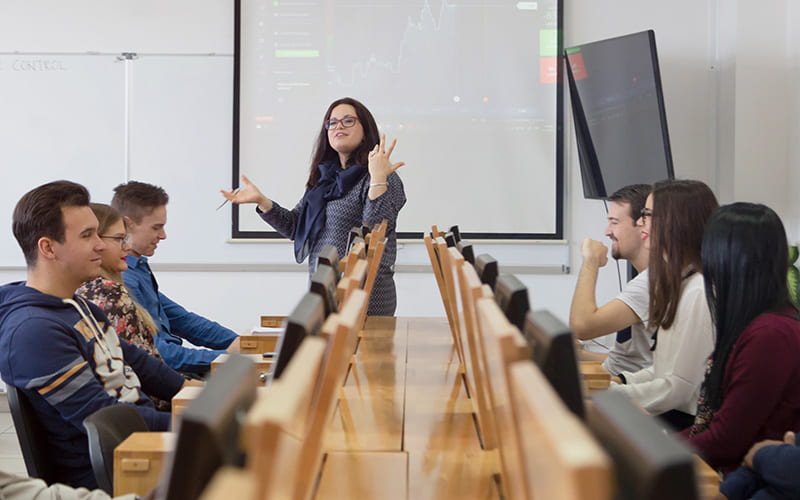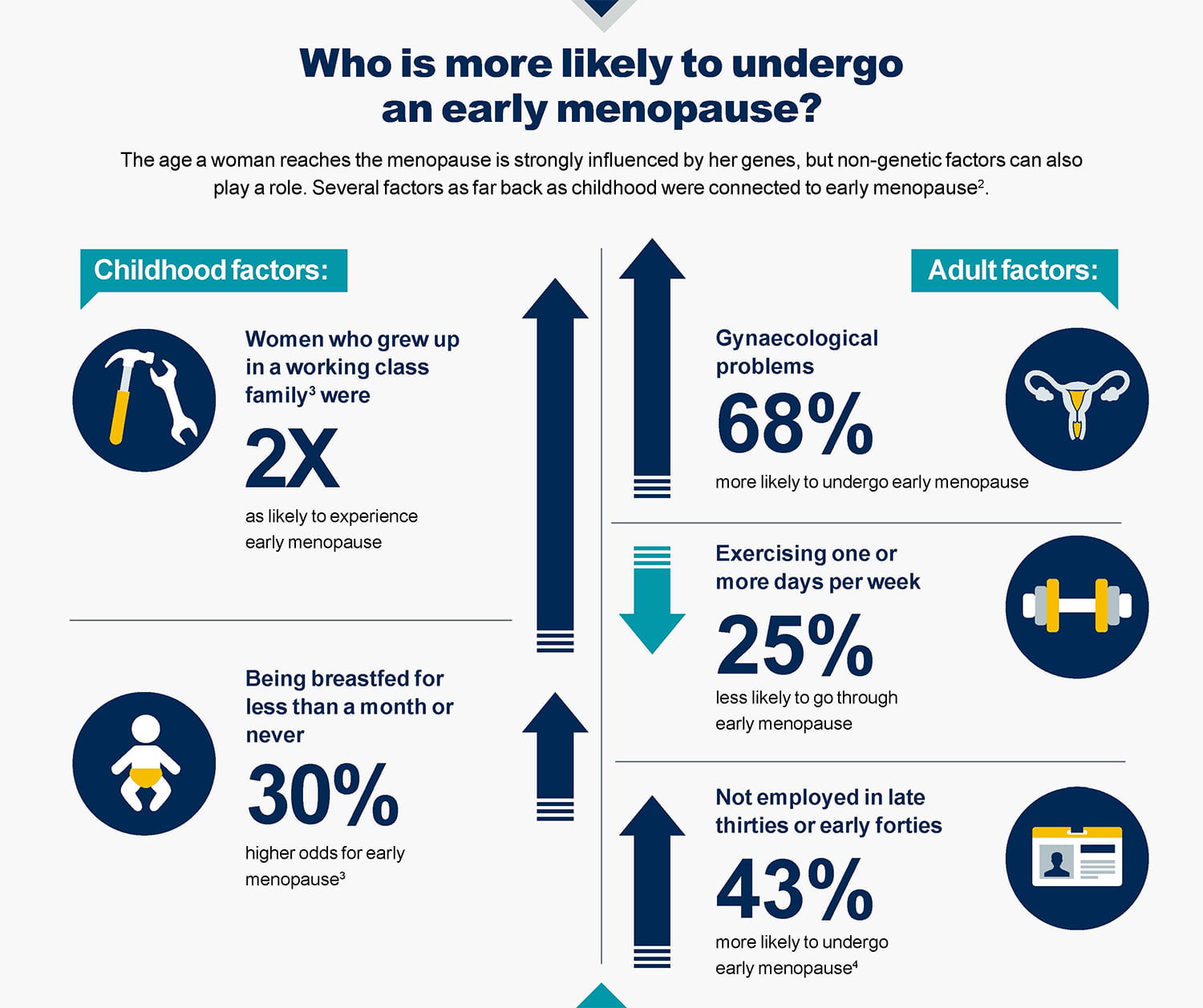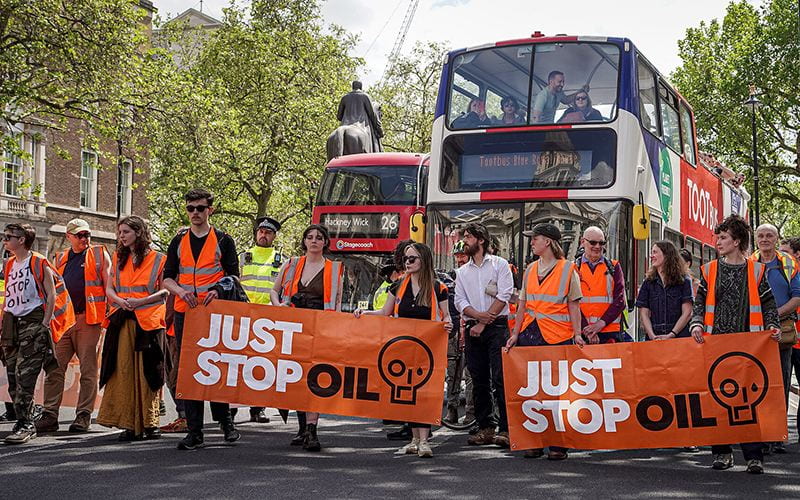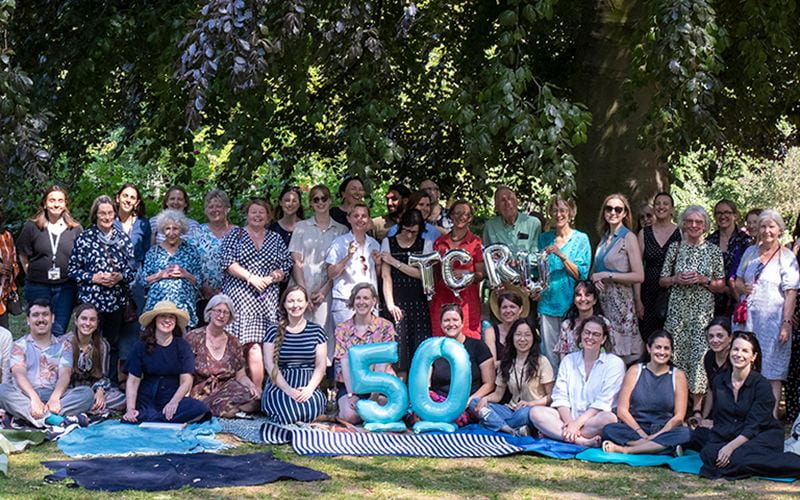Helping social science undergraduates to navigate their first piece of qualitative research
By Blog Editor, IOE Digital, on 20 March 2024

Credit: AS Art media / Adobe
Many social science undergraduate programmes include modules where students are asked to carry out a small piece of qualitative research. This usually takes the form of interviews with real people. Although sample sizes are usually quite small (2-5 people), getting to grips with the resulting data can nevertheless be daunting for a novice researcher.
This blog post outlines the guidance I use with my own BA students, which, they tell me, is a clear and an effective method of showing them how to organise and begin to analyse interview data. The beauty is in its simplicity. (more…)
 Close
Close











